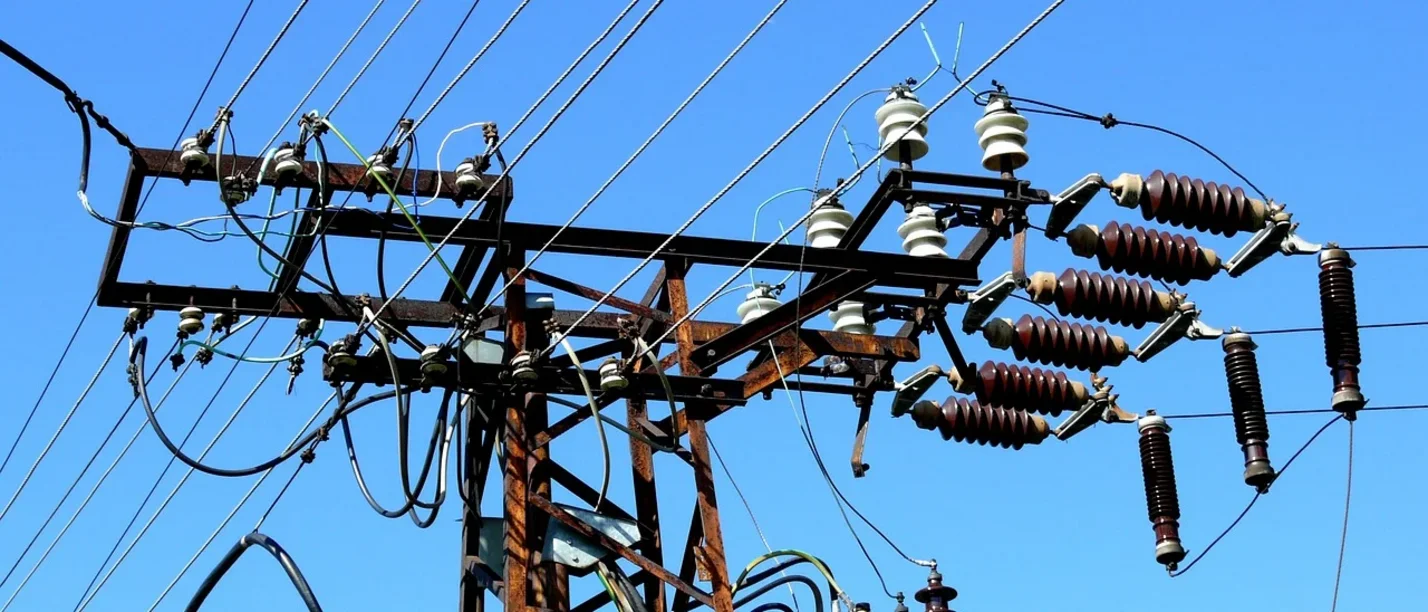[tra:ce] - Kolloquium: Why energy access approaches in Africa are failing – and how systems integration can help

Despite billions in donor funding and decades of effort, access to energy in sub-Saharan Africa is declining: today, more people in the region are without electricity than in 1990, although the number has remained at around 600 million over the last ten years. The situation is alarming because modern energy is an important prerequisite for progress in the areas of health, education, agriculture and livelihoods. So why are energy access programmes failing?
The main problem is structural: current approaches treat energy access as an end in itself - isolated, fragmented and often blind to local development needs. As a result, even well-intentioned initiatives fail or have little impact, while massive new programmes such as the World Bank's Mission 300 run the risk of repeating the same mistakes.
In this lecture, Prof Dr Philipp Trotter will outline the need for a radical shift from "energy access" to "energy-led sustainable development" through viable systems integration. Participants will be invited to rethink the way we can transform access to energy. Integrating production and agricultural systems using quantitative planning models based on new research could be a first step. The focus here is on linking different systems.
The event will be held in english.